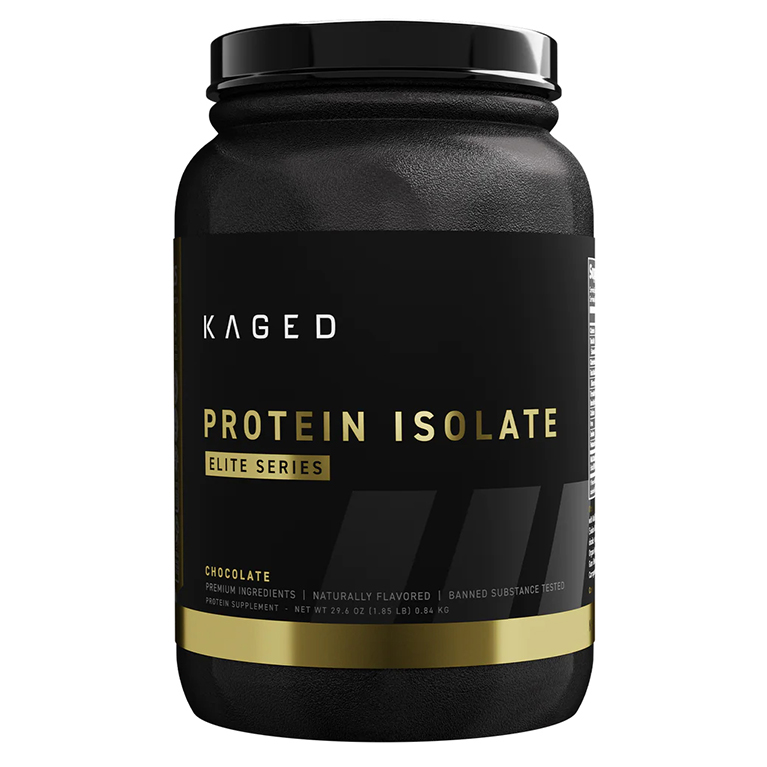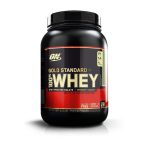1. Introduction: The Role of Protein in a Healthy Diet
What is the best protein powder?Protein is an essential macronutrient that plays a crucial role in building muscle, repairing tissue, and producing enzymes and hormones. For athletes, fitness enthusiasts, and even those seeking to maintain a balanced diet, incorporating sufficient protein is vital. Protein powders are a convenient way to meet your daily protein needs, especially for those with busy lifestyles. However, the market is flooded with various options, making it challenging to choose the best one. This comprehensive guide aims to help you navigate the myriad choices to find the best protein powder suited to your needs.
2. Types of Protein Powder
2.1. Whey Protein
Whey protein is one of the most popular protein powders and is derived from milk during the cheese-making process. It is quickly absorbed by the body, making it ideal for post-workout recovery. Whey protein is available in three main forms: concentrate, isolate, and hydrolysate. Concentrate has a lower protein content but is rich in bioactive compounds. Isolate undergoes additional processing to remove fat and lactose, providing a higher protein content per serving. Hydrolysate is pre-digested, allowing for even faster absorption. Whey protein also contains all nine essential amino acids, making it a complete protein source.
2.2. Casein Protein
Like whey, casein protein is also derived from milk but is digested and absorbed more slowly. This slow release of amino acids makes it an excellent option for a nighttime protein supplement, helping to prevent muscle breakdown while you sleep. Casein forms a gel-like substance in the stomach, providing a sustained release of nutrients. It’s ideal for those looking for a prolonged protein source to support muscle repair and growth over an extended period. Casein is also a complete protein, containing all essential amino acids required for optimal health.
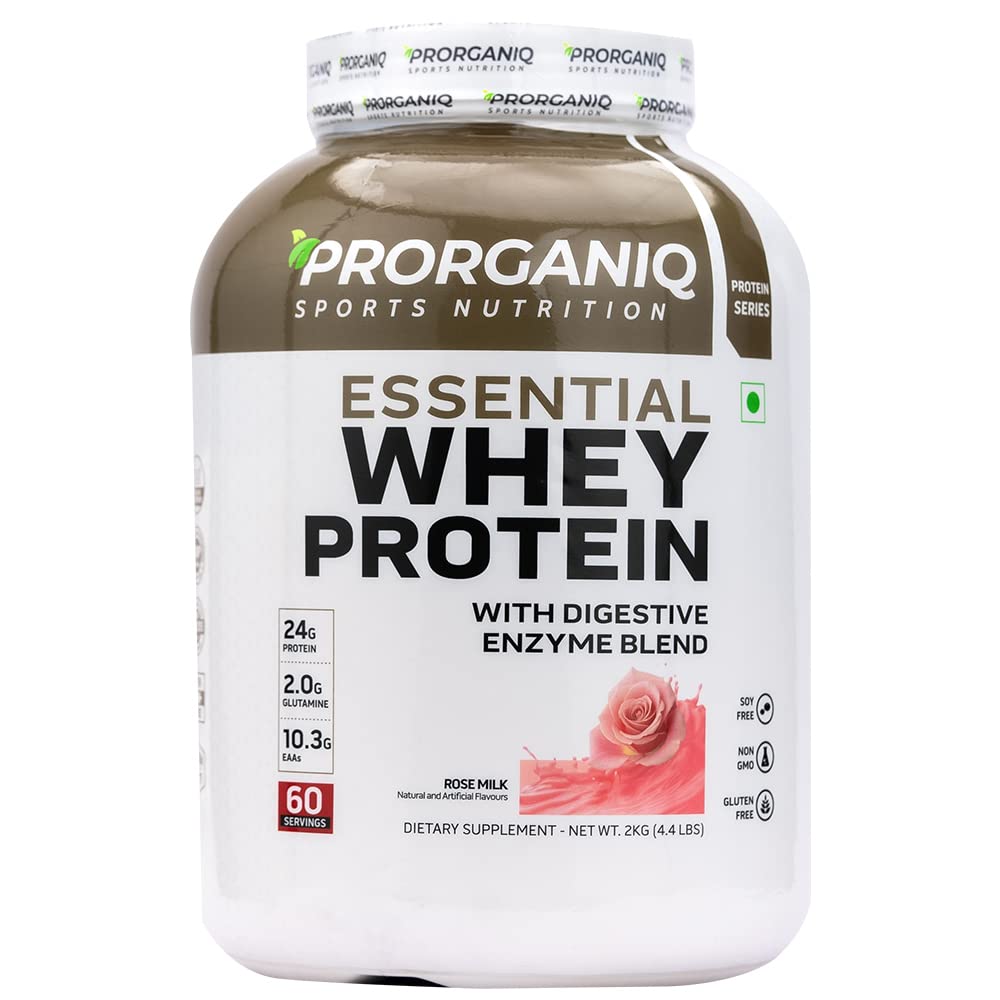
3. Plant-Based Protein Powders
3.1. Pea Protein
Pea protein is a popular plant-based option made from yellow split peas. It is hypoallergenic and suitable for those with dairy or soy allergies. Pea protein is high in essential amino acids, particularly branched-chain amino acids (BCAAs), which are vital for muscle growth and recovery. It is also rich in iron and fiber, contributing to overall health. Although it has a slightly earthy taste, it blends well in shakes and smoothies. Pea protein is often combined with other plant proteins to create a more balanced amino acid profile, making it a versatile and nutritious choice.
3.2. Soy Protein
Soy protein is another well-known plant-based option, derived from soybeans. It is a complete protein, providing all essential amino acids. Soy protein is particularly rich in glutamine and arginine, which support immune function and muscle recovery. It has been extensively studied for its potential health benefits, including reducing cholesterol levels and improving heart health. However, some concerns about soy’s phytoestrogen content have led to debates about its long-term effects. Nonetheless, for most people, soy protein can be a highly effective and beneficial protein source when consumed in moderation.
4. Specialty Protein Powders
4.1. Collagen Protein
Collagen protein is derived from animal connective tissues and bones. It has gained popularity due to its potential benefits for skin, hair, nails, and joint health. Collagen protein primarily contains the amino acids glycine, proline, and hydroxyproline, which play a crucial role in collagen synthesis in the body. It is not a complete protein, but it can be an excellent addition to a balanced diet to support overall well-being. Collagen supplements are typically available in powder form, which can be easily mixed into beverages, soups, or baked goods.
4.2. Egg White Protein
Egg white protein is made from the whites of eggs and is an excellent source of high-quality protein. It is low in fat and carbohydrates and is easily digestible. Egg white protein contains all essential amino acids and is particularly high in leucine, which is important for muscle protein synthesis. It is a good option for those who are lactose intolerant or allergic to dairy. The neutral taste and smooth texture of egg white protein make it a versatile ingredient for shakes, smoothies, and baking.
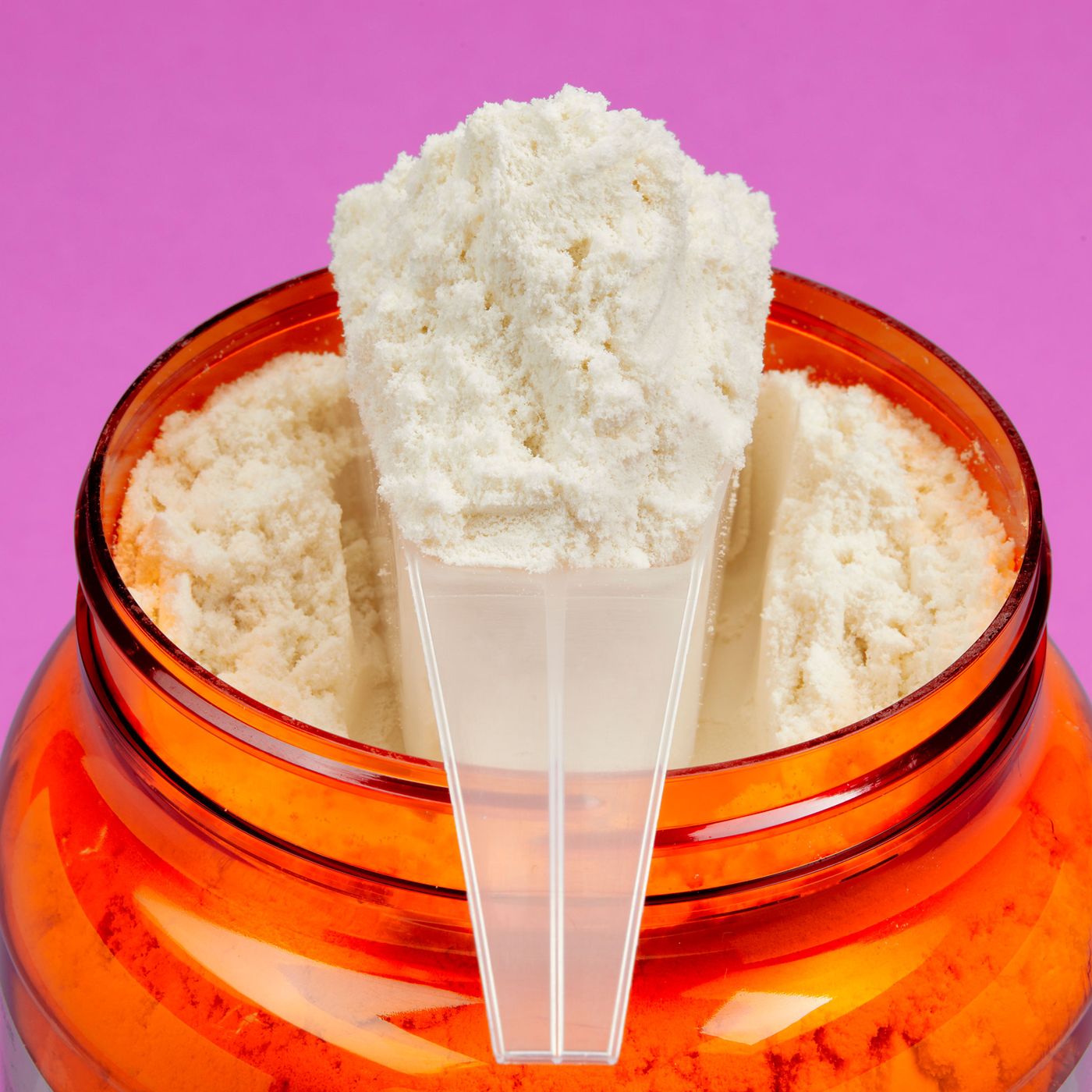
5. Factors to Consider When Choosing a Protein Powder
5.1. Nutritional Content and Ingredient Quality
When selecting a protein powder, it’s essential to scrutinize the nutritional content and ingredient quality. Look for products with a high protein content per serving and minimal added sugars, artificial flavors, and fillers. The ingredient list should be short and straightforward, focusing on high-quality protein sources. Additionally, consider the protein’s amino acid profile to ensure it provides all essential amino acids for muscle recovery and overall health. Organic and non-GMO options can also be beneficial for those looking to avoid pesticides and genetically modified organisms.
5.2. Digestibility and Allergens
Digestibility is another crucial factor, especially for those with sensitive stomachs or food intolerances. Whey protein isolate, for example, is generally easier to digest than whey concentrate due to its lower lactose content. For individuals with allergies, plant-based proteins like pea, hemp, or rice protein are excellent alternatives. If you have specific dietary restrictions, such as veganism or gluten intolerance, ensure the protein powder aligns with these needs. Checking for third-party testing and certifications can also provide peace of mind regarding the product’s purity and safety.
6. How to Use Protein Powder Effectively
6.1. Timing and Dosage
To maximize the benefits of protein powder, timing and dosage are key. Post-workout is the most effective time to consume protein powder, as it helps with muscle recovery and growth. Aim for a serving size that provides at least 20-30 grams of protein, which is generally sufficient for most individuals. Consuming a protein shake within 30 minutes of exercise ensures that your muscles receive the necessary nutrients for optimal repair. However, protein powder can also be used at other times, such as breakfast or before bed, depending on your daily protein requirements and lifestyle.
6.2. Mixing and Recipes
Protein powder can be mixed with various liquids, including water, milk, or plant-based milk alternatives, to create a quick and convenient shake. For added nutrients and flavor, consider blending it with fruits, vegetables, nut butter, or oats. This not only enhances the taste but also provides additional vitamins, minerals, and fiber. Protein powder can also be used in recipes for a protein boost, such as in pancakes, muffins, energy balls, or smoothie bowls. Experimenting with different combinations and recipes can make consuming protein powder more enjoyable and versatile.
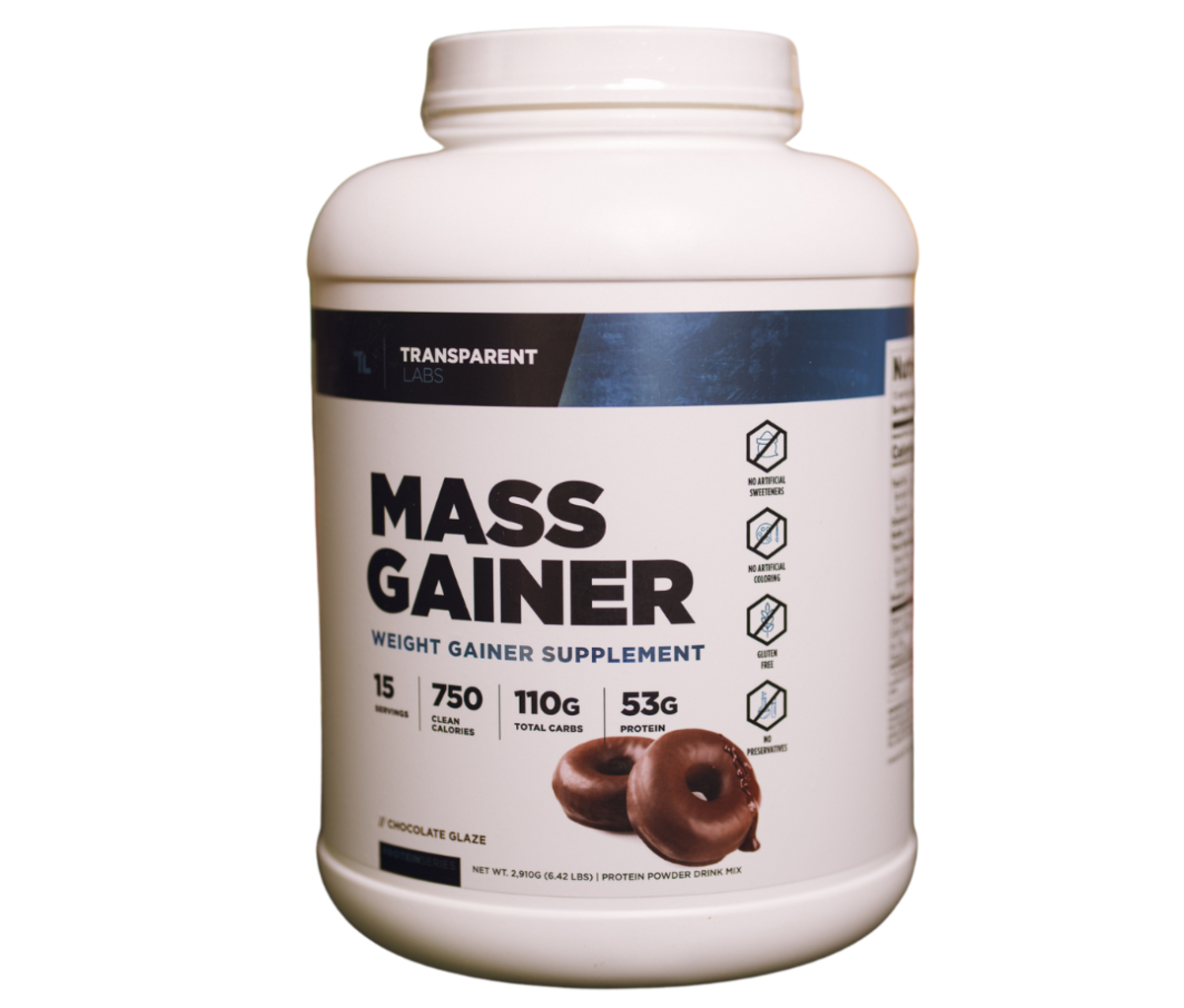
7. Popular Brands and Their Offerings
7.1. Optimum Nutrition
Optimum Nutrition is a well-known brand that offers a wide range of protein powders, including their popular Gold Standard 100% Whey. It is highly regarded for its quality, taste, and mixability. This product contains a blend of whey protein isolate, concentrate, and hydrolysate, providing a balanced amino acid profile. Optimum Nutrition also offers plant-based options, such as their Gold Standard 100% Plant Protein, catering to vegan and vegetarian consumers. The brand’s reputation for quality and consistency makes it a top choice among fitness enthusiasts and athletes.
7.2. Garden of Life
Garden of Life specializes in organic and non-GMO protein powders, appealing to health-conscious consumers. Their Raw Organic Protein is made from a blend of sprouted grains, seeds, and legumes, providing a complete amino acid profile. It is USDA organic, non-GMO, and free from artificial ingredients, making it a clean and healthy option. Garden of Life also offers whey protein powders sourced from grass-fed, pasture-raised cows, ensuring high quality and ethical production practices. With a focus on clean, natural ingredients, Garden of Life is a trusted brand for those seeking wholesome nutrition.
8. Conclusion: Choosing the Best Protein Powder for You
Finding the best protein powder involves considering various factors, including your dietary needs, fitness goals, and personal preferences. By understanding the types of protein powders available, their benefits, and how to use them effectively, you can make an informed decision that aligns with your lifestyle. Whether you prefer whey, casein, plant-based, or specialty proteins, there is a suitable option for everyone. The right protein powder can enhance your overall nutrition, support muscle growth and recovery, and help you achieve your fitness goals. Embrace the journey of discovering the best protein powder for you and enjoy the benefits of optimal health and performance.
